This condition, known as bruxism, affects millions of people and can silently damage your smile over time.
Bruxism can lead to worn-down teeth, jaw pain, and even more serious dental complications if left untreated. But the good news is: there are solutions.
Teeth grinding, or bruxism, is when you unconsciously clench, gnash, or grind your teeth, most often during sleep. Some people also clench their jaws during the day, especially when stressed or focused. When this becomes a nightly habit, it can wear down the protective enamel on your teeth, leading to increased sensitivity, cracks, and even tooth loss over time.
Most people aren’t aware they have bruxism until their dentist notices the signs. Here are some symptoms to look out for:
If you’re experiencing any of these, it’s time to talk to a dental professional.
Stress is one of the most common triggers of teeth grinding. It’s your body’s way of releasing tension, often happening subconsciously while you sleep.
2. Misaligned Teeth or Bite Problems
When your teeth don’t fit together properly, it can lead to involuntary grinding. This is known as malocclusion. Learn about our restorative dentistry options to correct bite issues and prevent further damage.
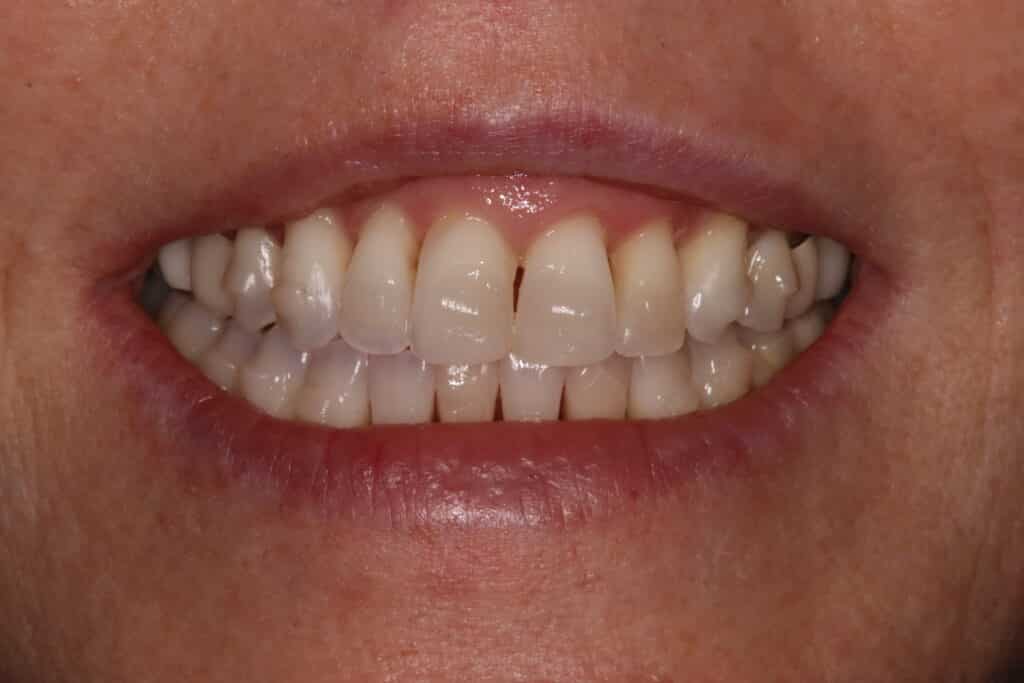
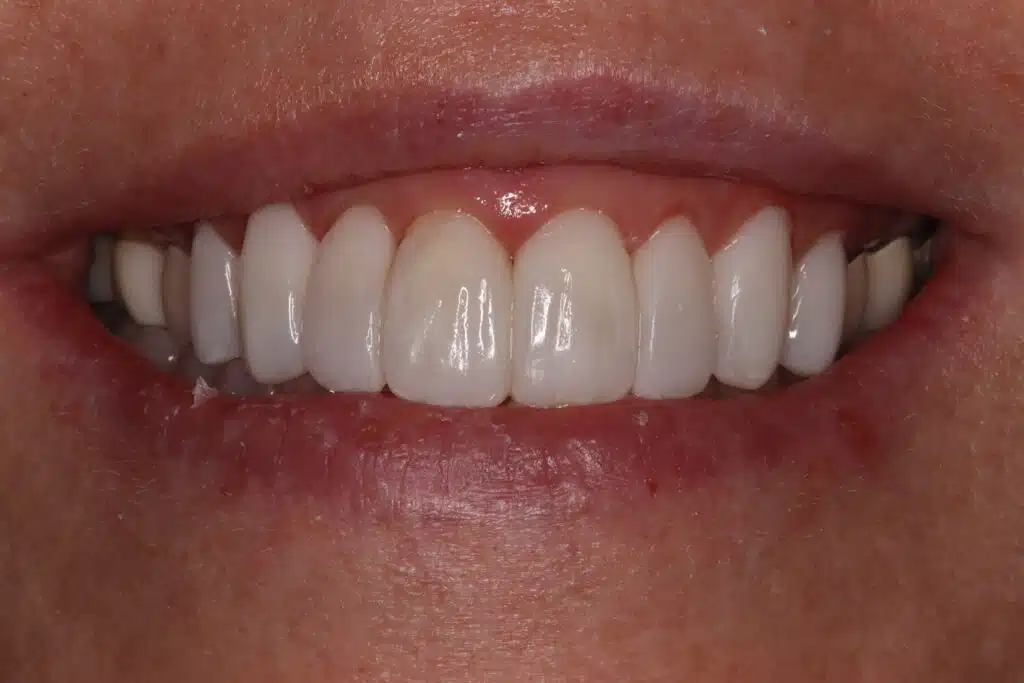
One of our patients had this issue due to their misaligned teeth, and it was fixed in just a couple sessions.
3. Sleep Disorders
Conditions like sleep apnea often accompany teeth grinding. Disrupted breathing can cause your jaw muscles to contract involuntarily.
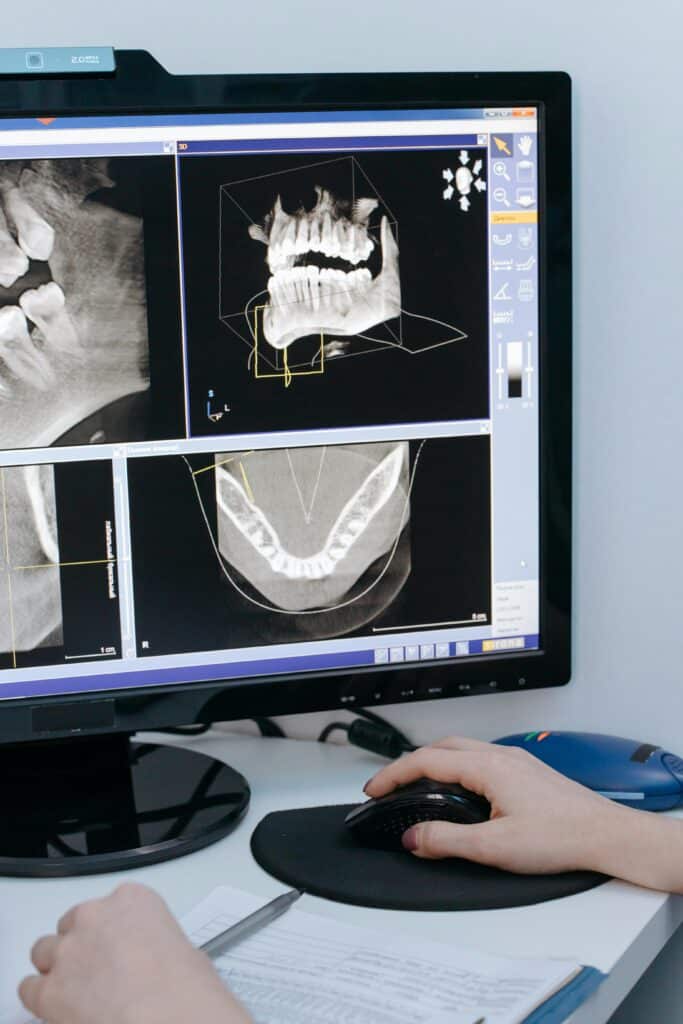
4. Lifestyle Factors
Caffeine, alcohol, smoking, and recreational drug use can increase the likelihood of bruxism. If you want to learn more, you can read the article The Impact of Smoking on Your Teeth and Skin

Bruxism can silently destroy your teeth and jaw structure over time. Some of the most common long-term effects include:
Avoid permanent damage by seeking treatment early. Schedule your consultation today.
Fortunately, there are effective ways to treat and prevent bruxism. Here’s what dental experts recommend:
A night guard is one of the most common and effective treatments for teeth grinding. It acts as a protective barrier between your upper and lower teeth, preventing further wear.
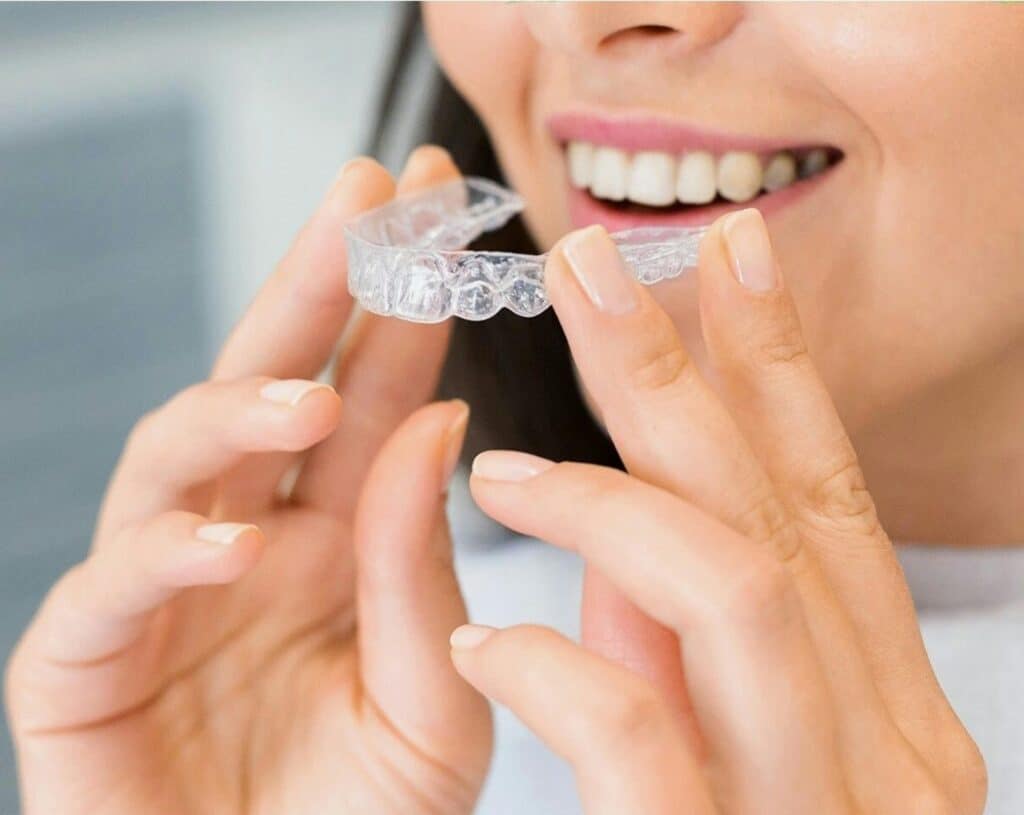
Since stress is a leading cause of bruxism, incorporating relaxation techniques can help, such as:
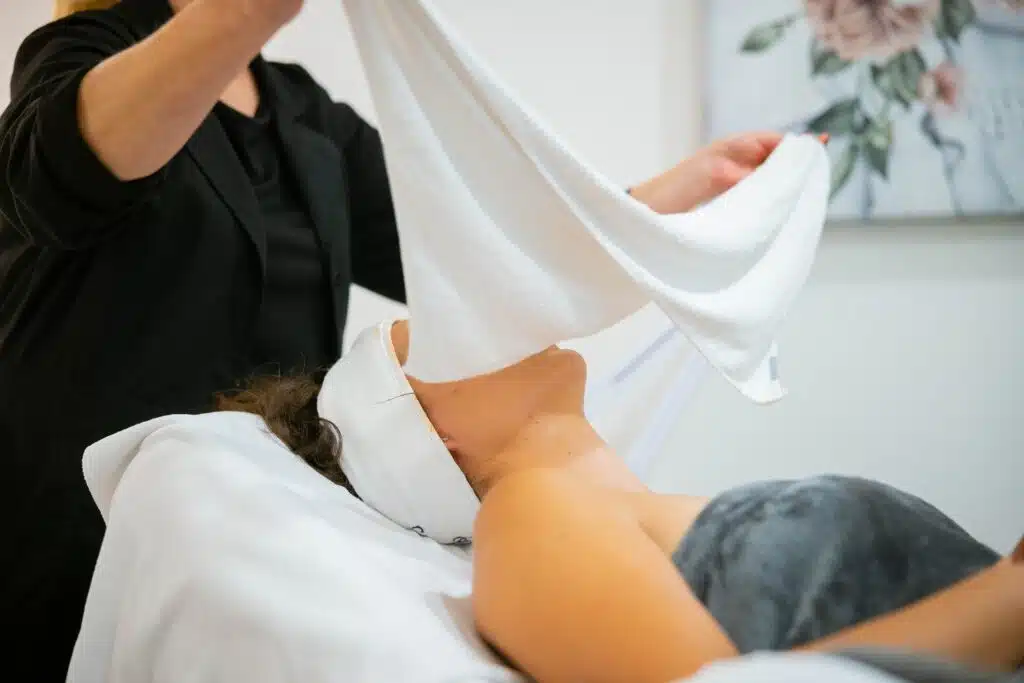
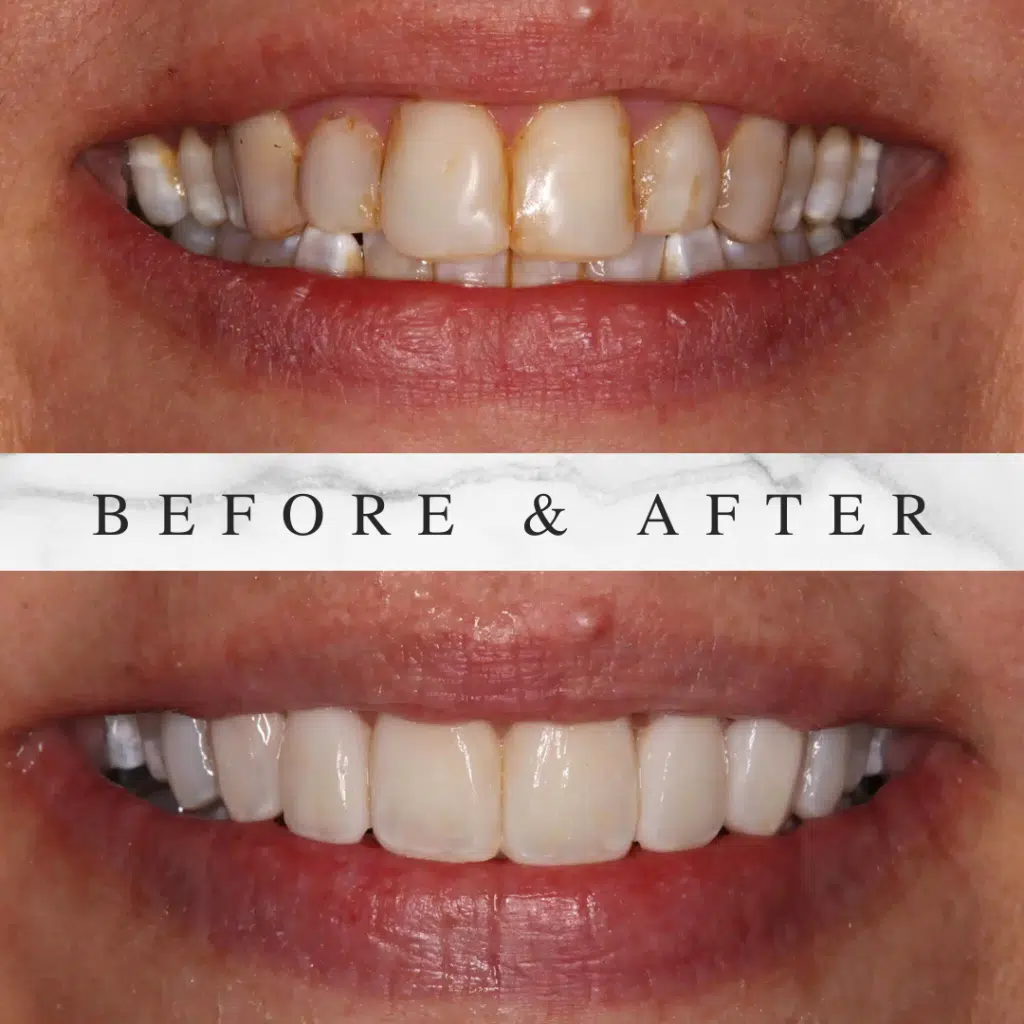
Dental treatments like orthodontics, crowns, or veneers can correct misaligned teeth and help reduce grinding, protecting worn-down teeth while enhancing your smile.
4. Improving Sleep Hygiene
Better sleep habits can significantly reduce teeth grinding. Consider:
While professional treatment is essential, there are also steps you can take at home to minimize grinding:
If you suspect you might be grinding your teeth at night, the worst thing you can do is ignore it. Early intervention will save you time, money, and discomfort in the future.
Our team at Facial32 Dental Esthetics specializes in diagnosing and treating bruxism with personalized care plans. Whether you need a night guard, bite correction, or cosmetic restoration, we’re here to help.
Book your consultation today and protect your smile for years to come.
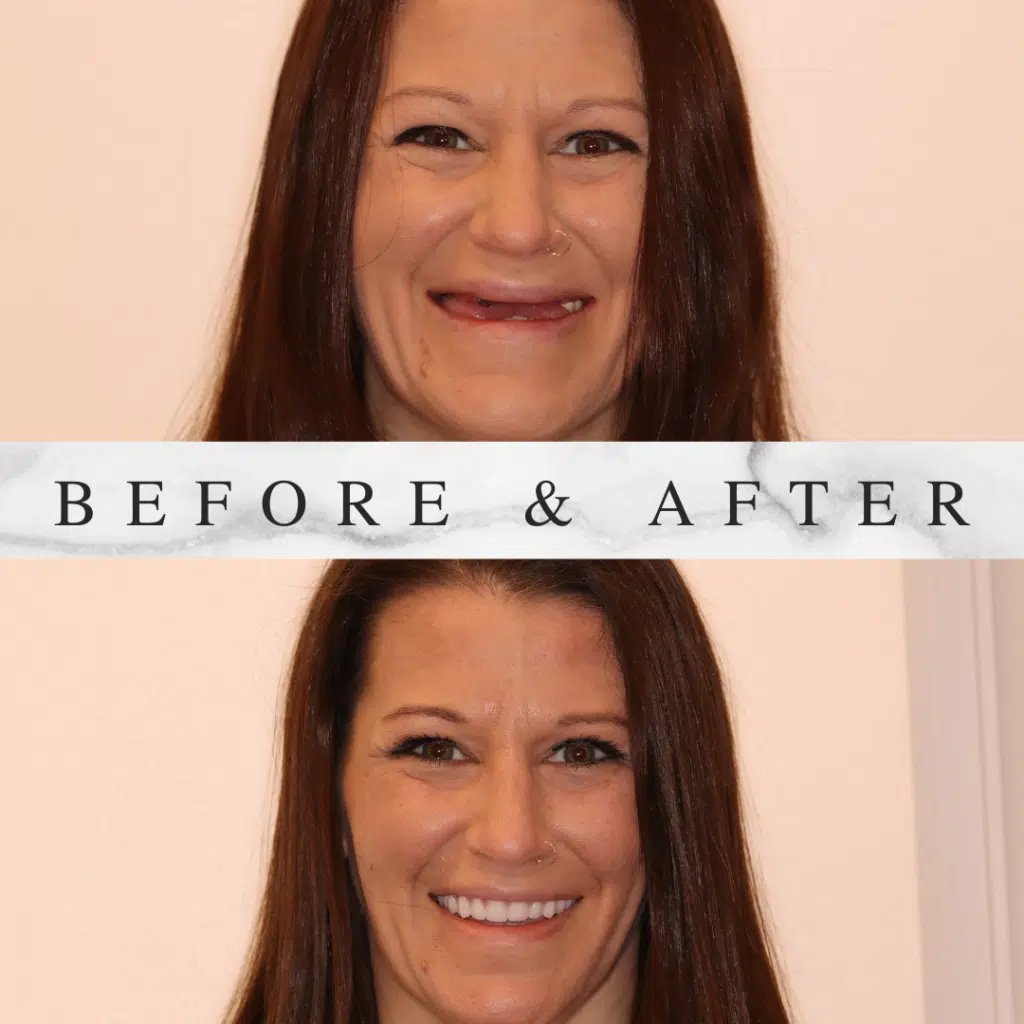
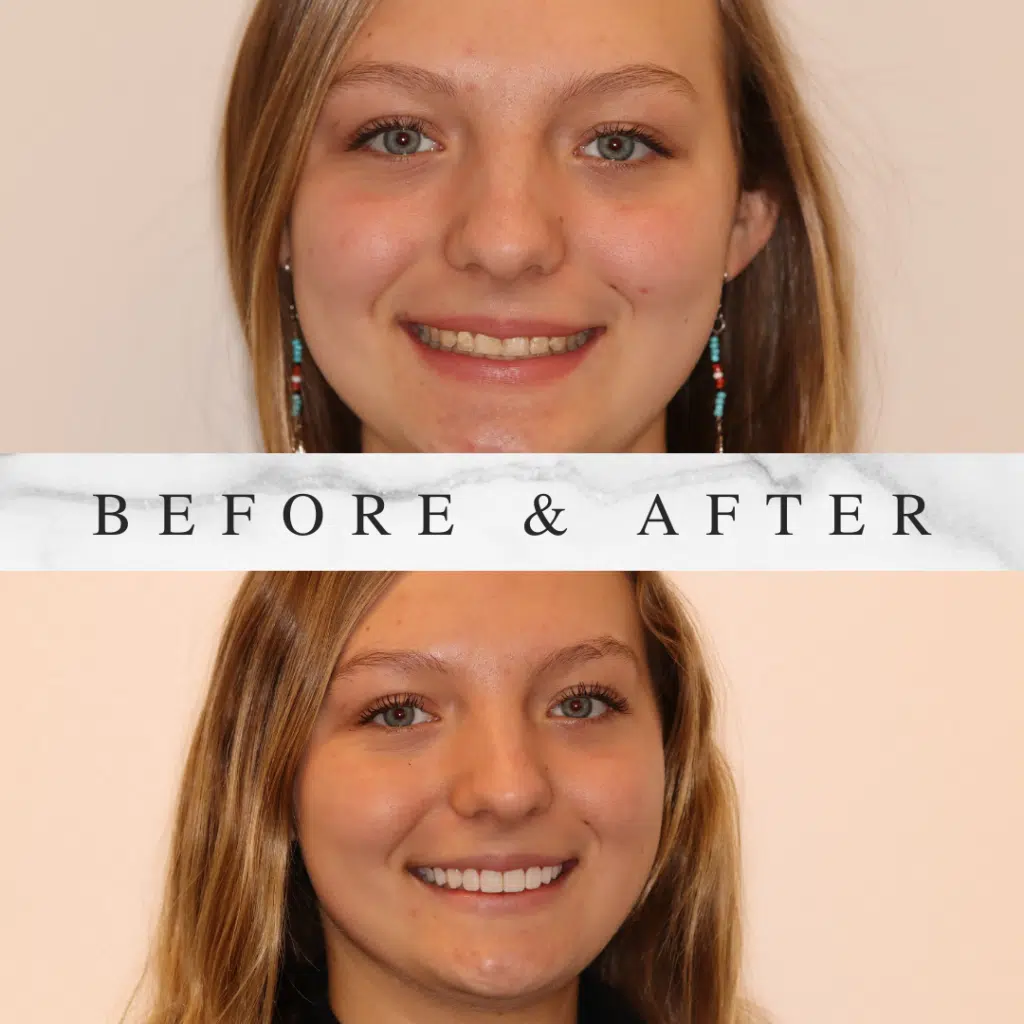
Changing smiles by implementing the Facial 32 Technique
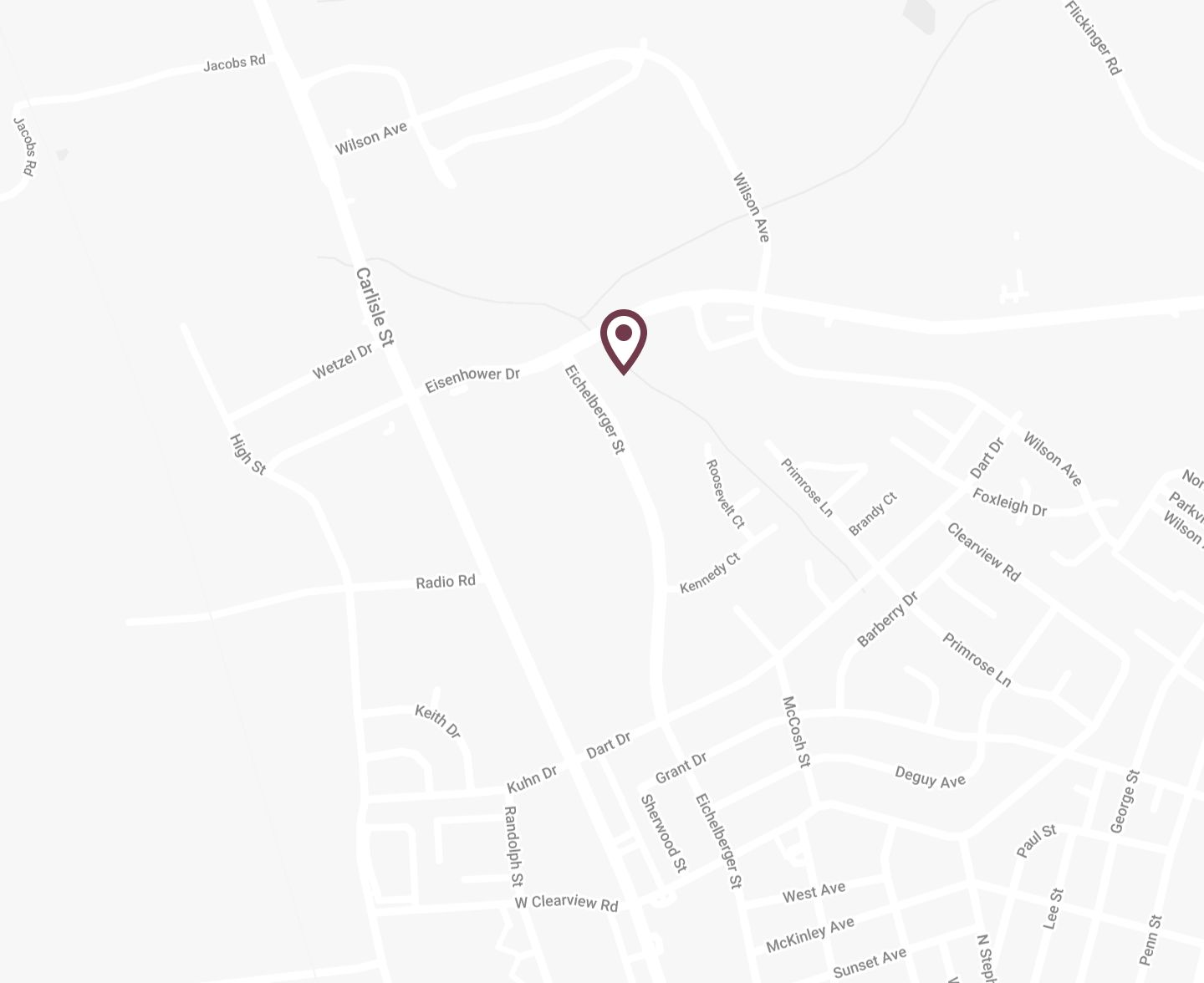
Looking for a family dentist in Hanover or Littlestown? We recommend Family Smiles Dentistry!